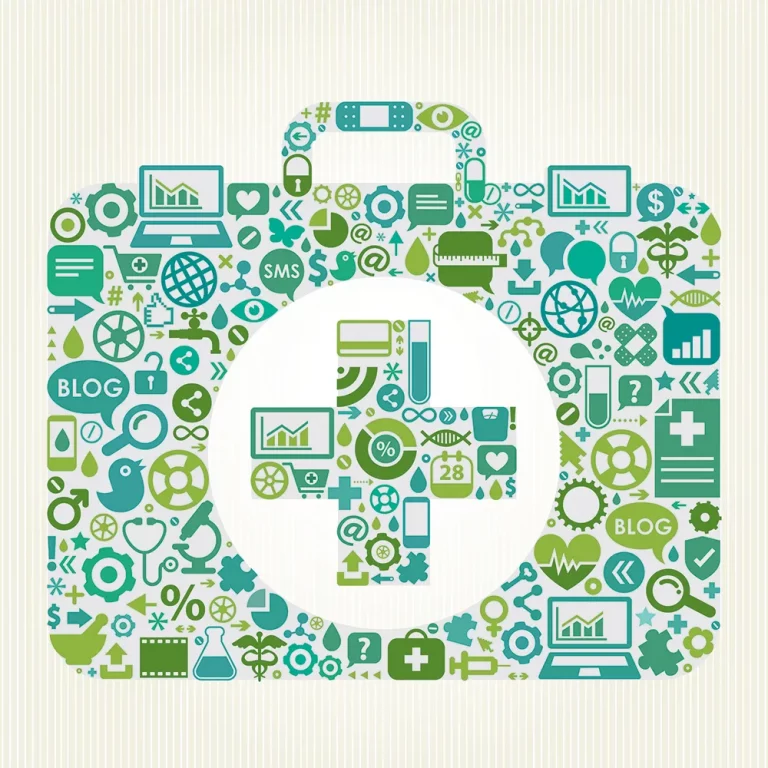
Paying individual people for their health data will widen inequalities and reduce altruism, luring people to sell their privacy. Health data should instead be treated as collective property, and commercial profits should be shared with the public.
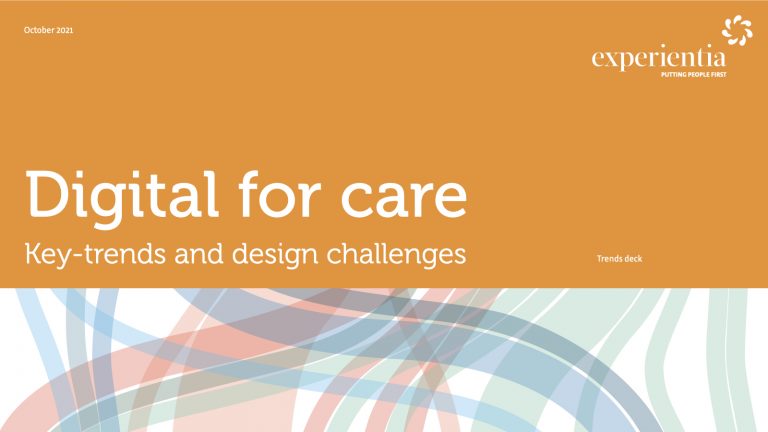
Download free Experientia report on key trends and design challenges in home and remote care when patient and caregivers use online platforms and on-body health devices
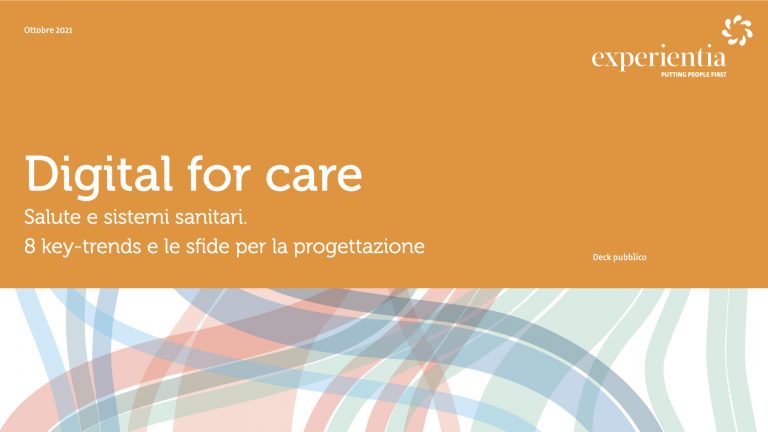
Rapporto gratuito su tendenze chiave e sfide di design nell'assistenza a domicilio e a distanza quando il paziente e i caregiver usano piattaforme online e dispositivi per la salute.
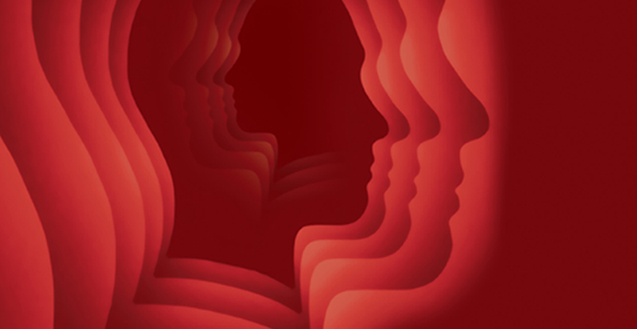
Research in US, Denmark, Hungary and Italy suggests that the ongoing pandemic places many countries at an increased risk of political unrest. The violence that marked some of the 2020 demonstrations was likely a manifestation of the psychological toll the pandemic has had on citizens.
- AI, Conference, Education, Educational services, Experientia, Experientia, Health, Healthcare, Italy, Jan-Christoph Zoels, Mobility, Public services, Technology (general), Turin
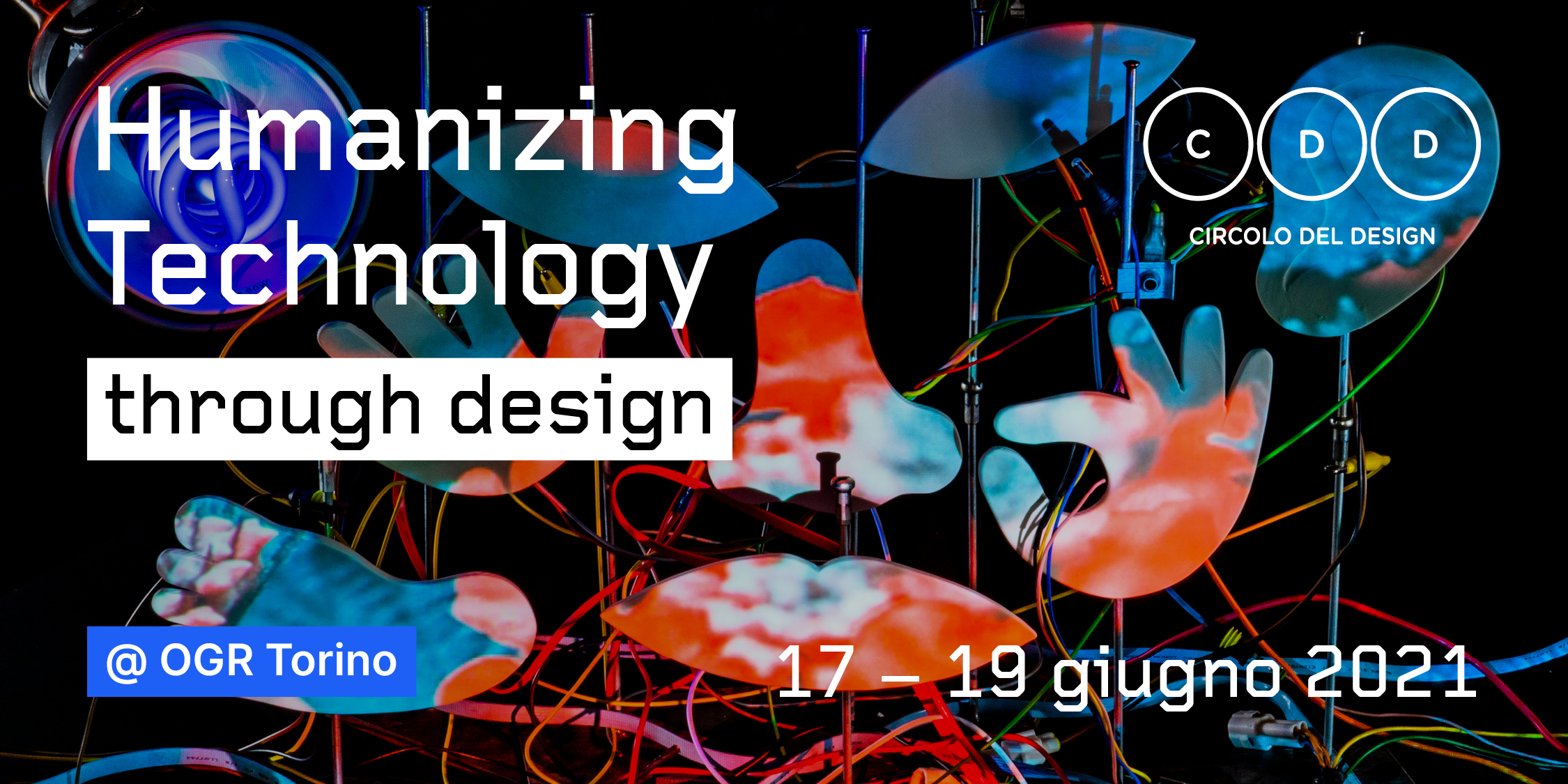
Curated by Experientia partner Jan-Christoph Zoels and Sara Fortunati, director of the Torino Circle of Design, the conference dealt with the best international practices about the humanization of technology. It was structured into six different thematic sessions: ethics, public services, healthcare, AI, mobility and learning. All videos are now available, with English subtitles.
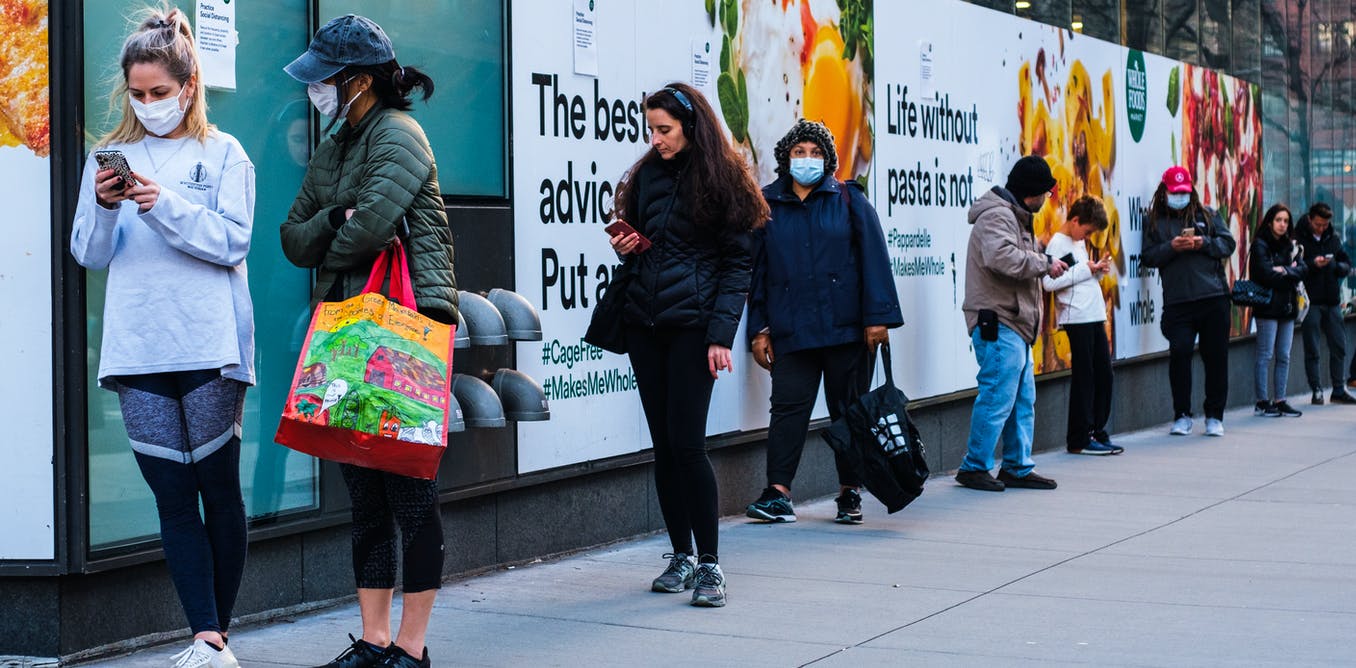
Several Covid-19 policies have shown "just how deeply some governments distrust their citizens. As if the virus was not enough, the public was portrayed as an additional part of the problem". But, asks Prof. Stephen Reicher of the University of St Andrews, "is this an accurate view of human behaviour"?
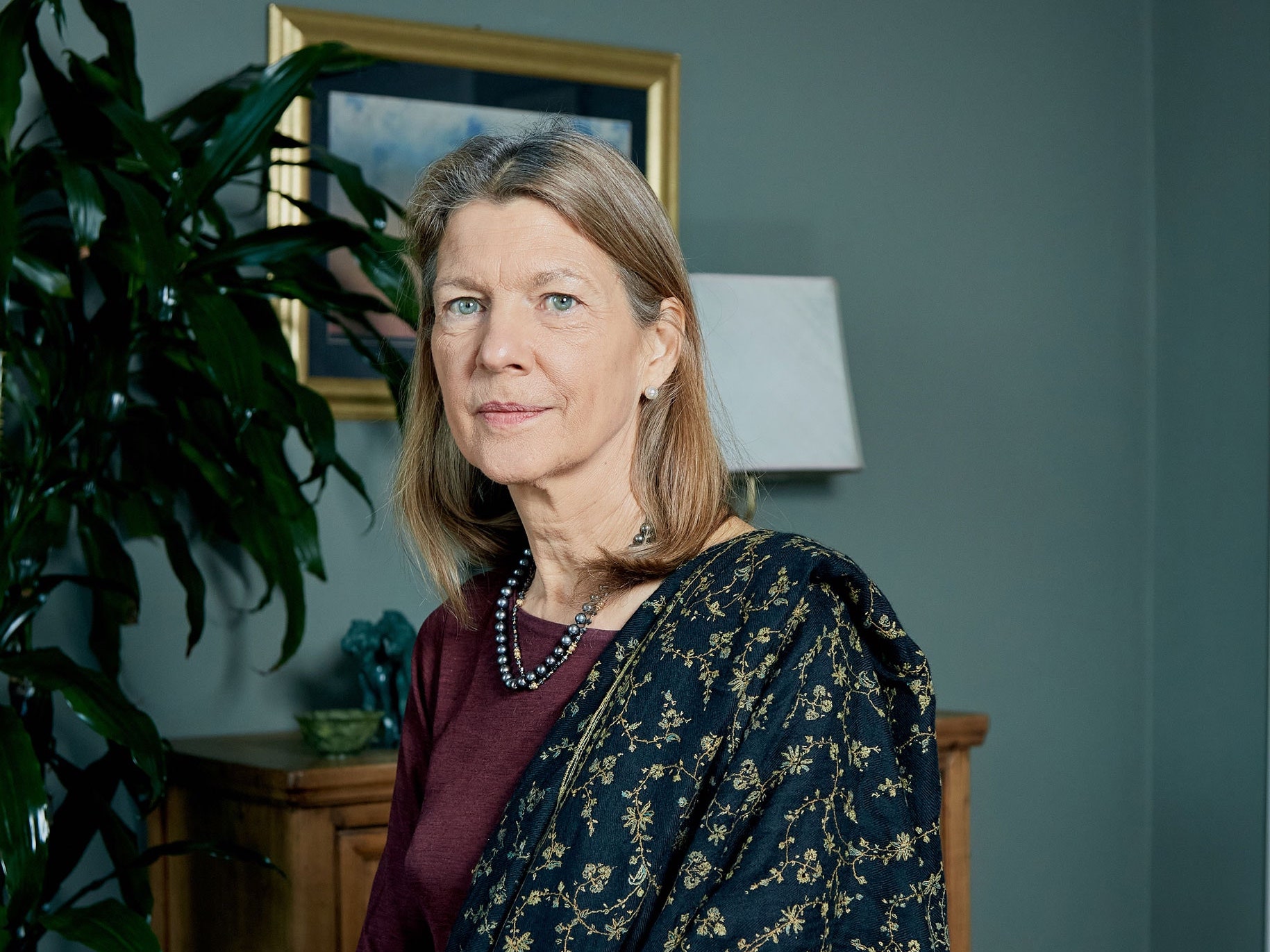
Heidi Larson studies vaccine rumors—how they start, and why some flourish and others wither. Tackling misperceptions individually is like eliminating a single microbial strain: when one germ is gone, another will bloom. Instead, the entire ecosystem must be rehabilitated.
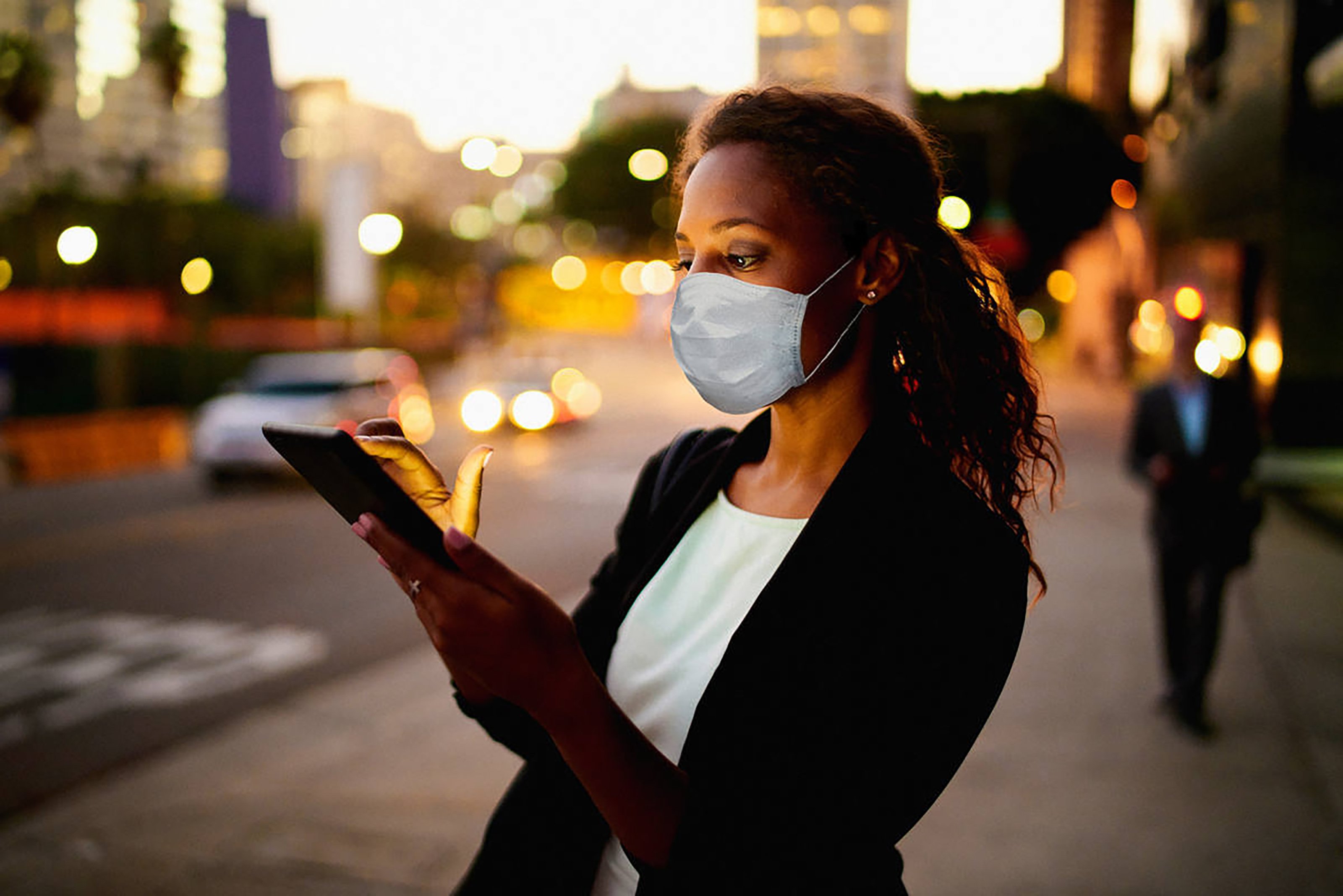
The COVID-19 pandemic is changing how we work, travel, communicate, shop and more, but which new habits are likely to stick permanently? The authors explore five key behavioural changes and their implications for risk and protection.
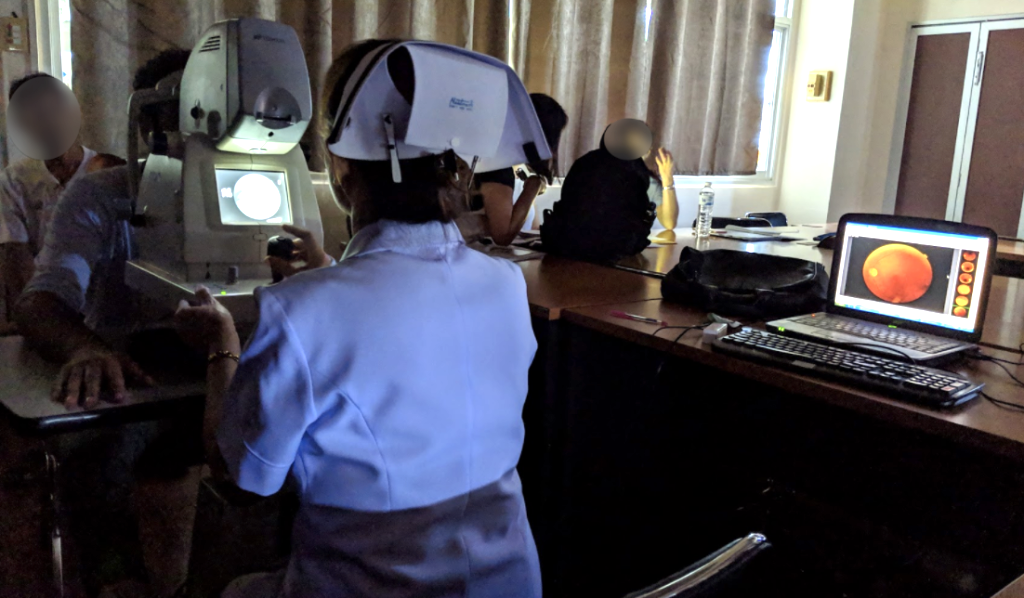
The gulf between the technical brilliance claimed for Google's deep learning model and its real-world application points to a common problem that has hindered the use of AI in medical settings.

It wasn't just technical work but also significant social and emotional labor that turned Sepsis Watch, a Duke University deep-learning model, into a success story.
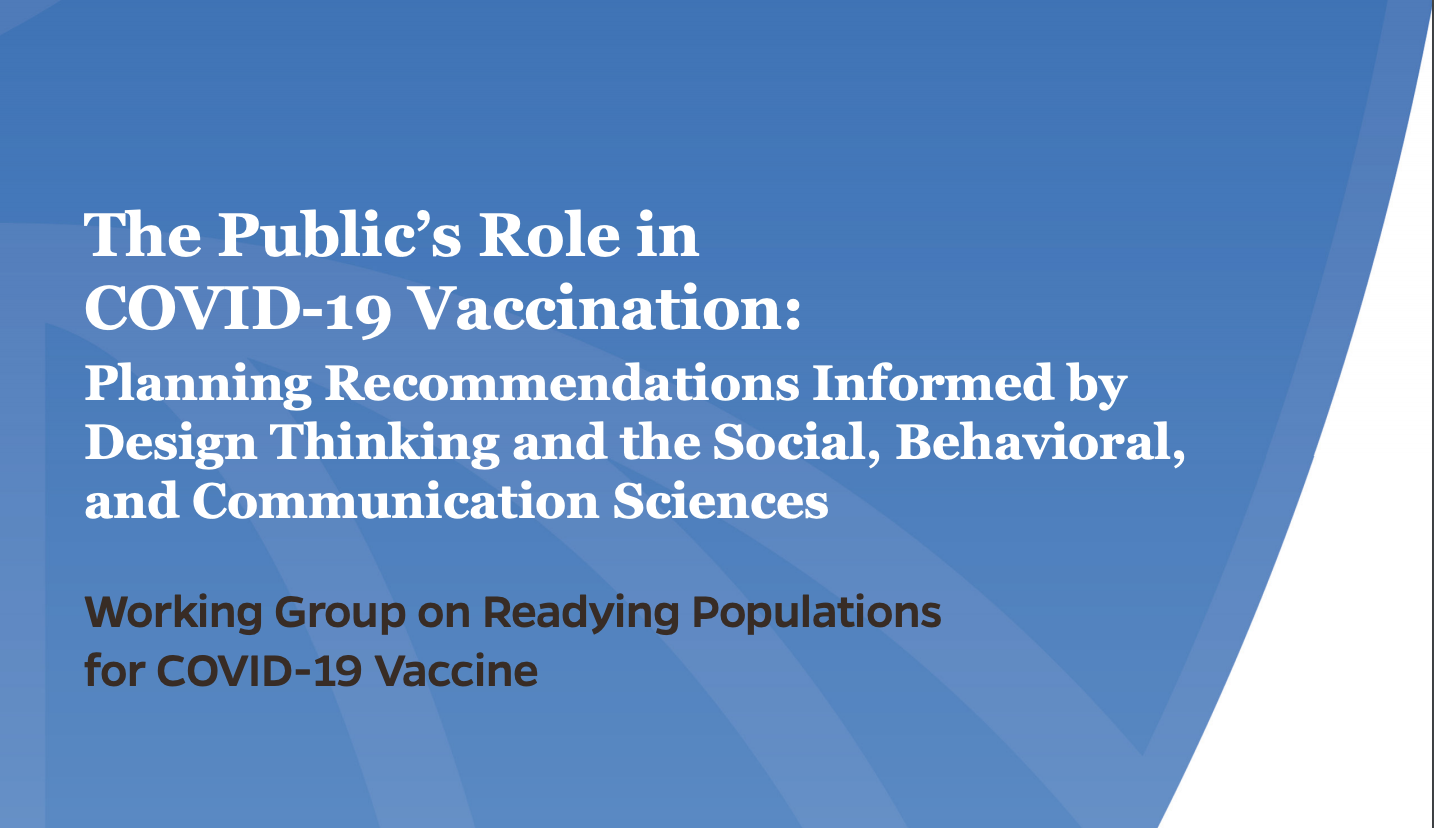
This report considers human factors in relation to future vaccines against the novel coronavirus (SARS-CoV-2), drawing on insights from design thinking and the social, behavioral, and communication sciences. It provides recommendations on how to advance public understanding of, access to, and acceptance of vaccines that protect against COVID-19.
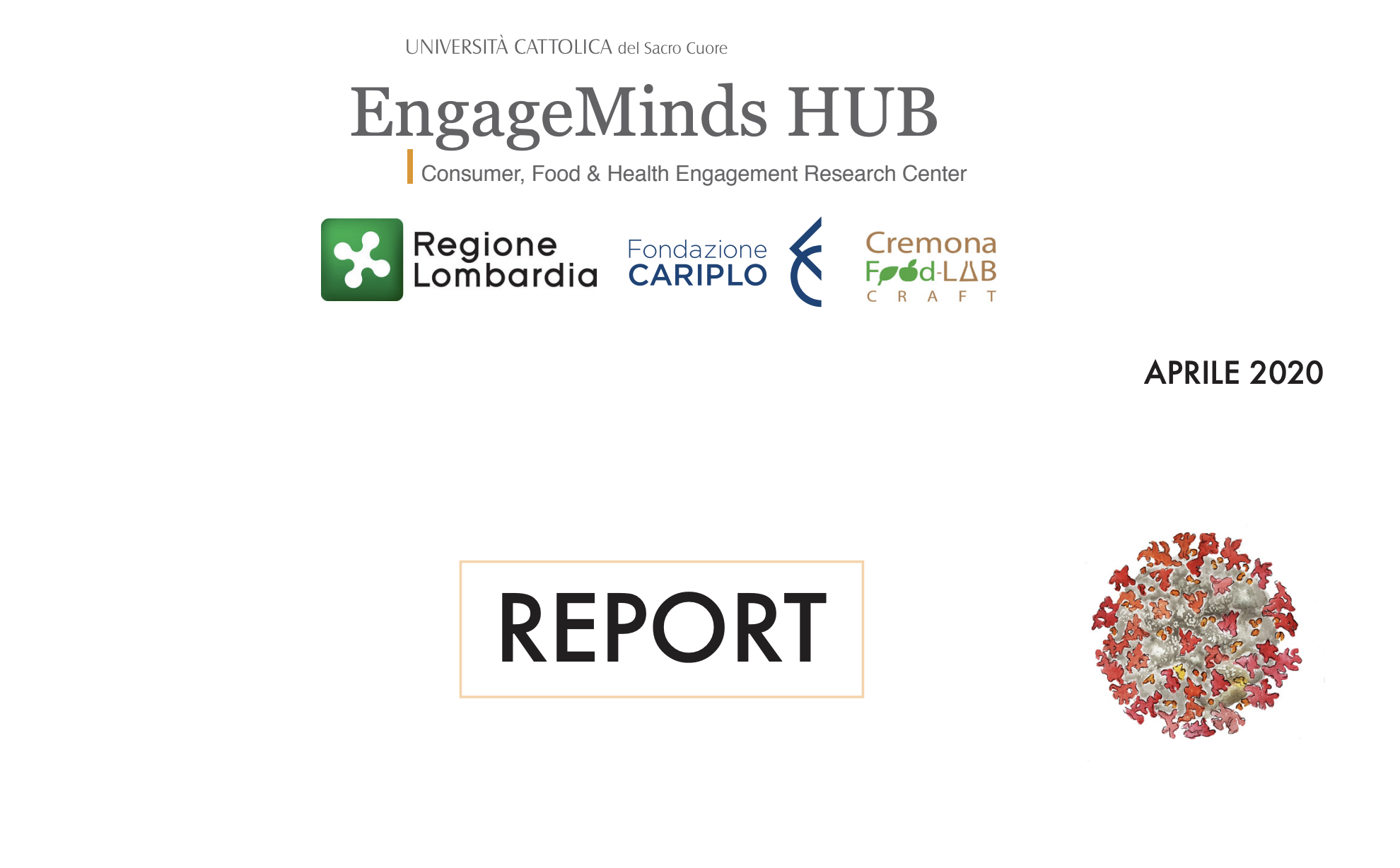
The Milan-based consumer and health research center EngageMinds HUB of the Università Cattolica has done some timely research on how Covid-19 has influenced the behavior of Italians.
The reports are all in Italian, so you should use a translation engine if you want to read them in full. Meanwhile here is a summary.
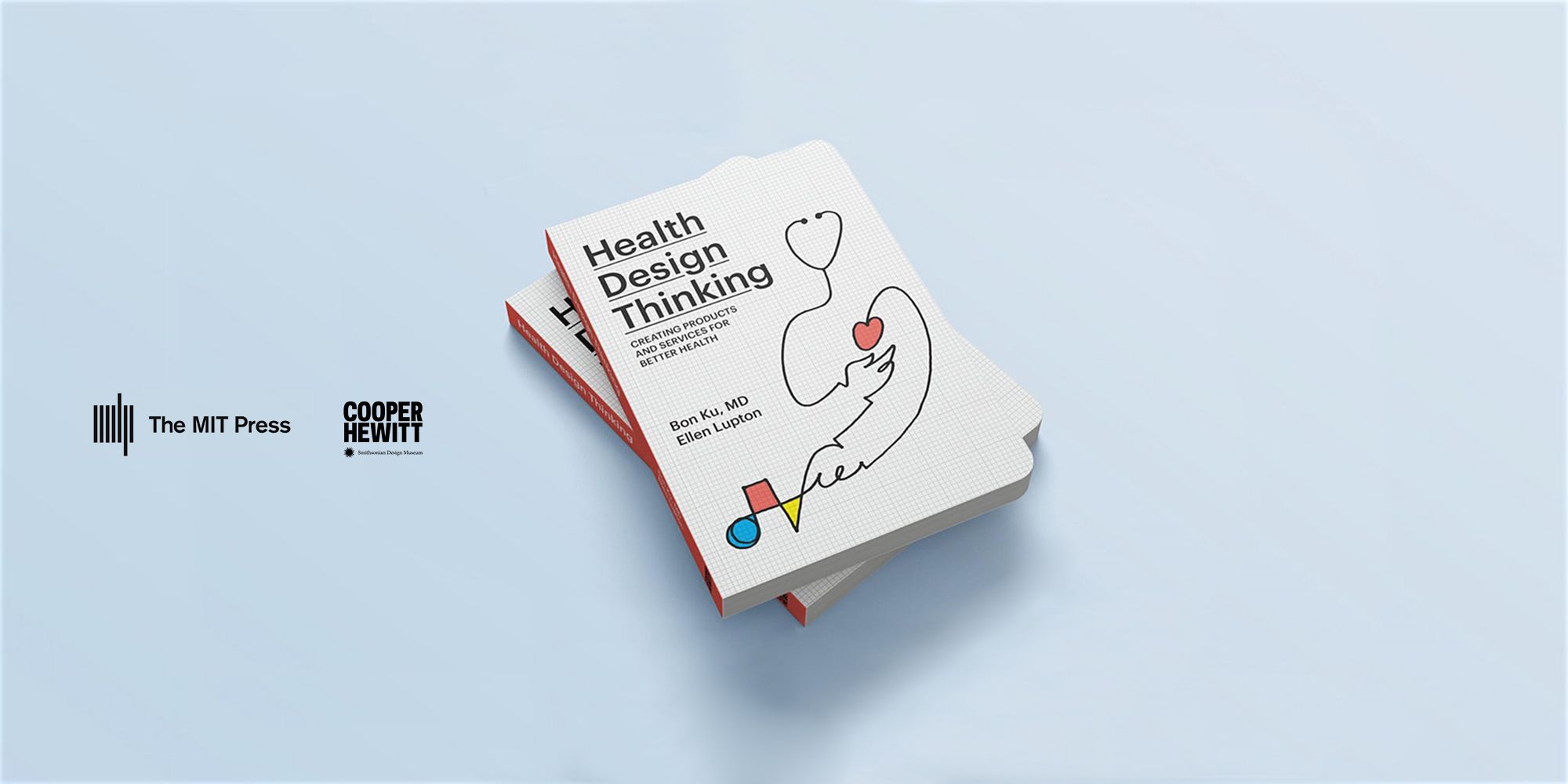
Applying the principles of human-centered design to real-world health care challenges, from drug packaging to early detection of breast cancer.
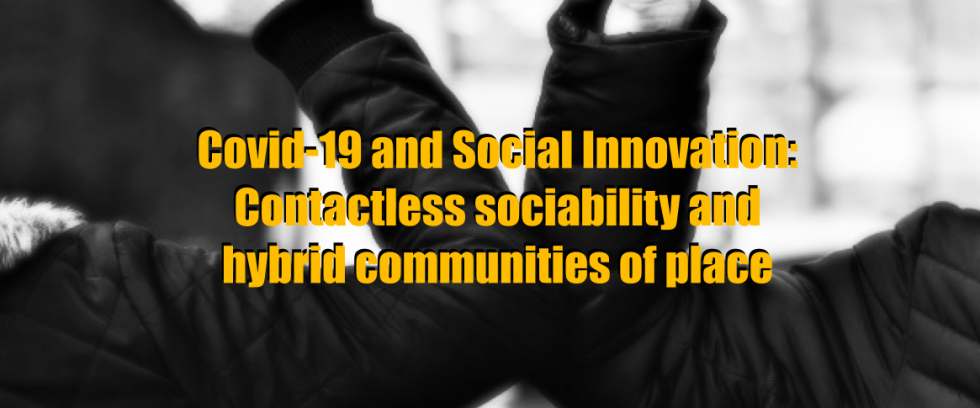
While some optimists think there will be a lasting positive change in our well-being model, with the quality of relationships and common goods at its centre, Manzini argues that things are not necessary going in that direction. A confrontation is required.
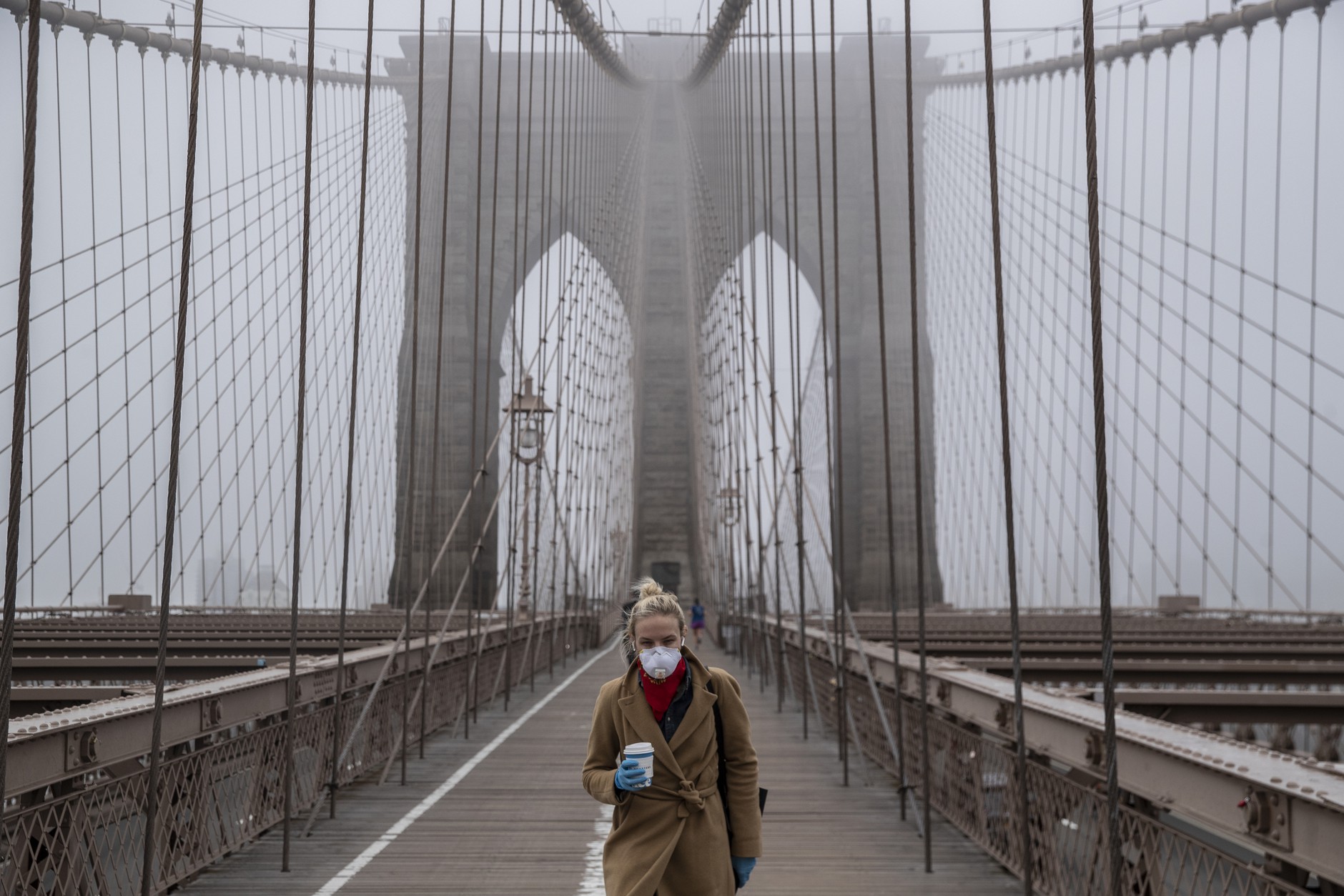
Fourth (and particularly rich) edition of features and articles on what may lie ahead.
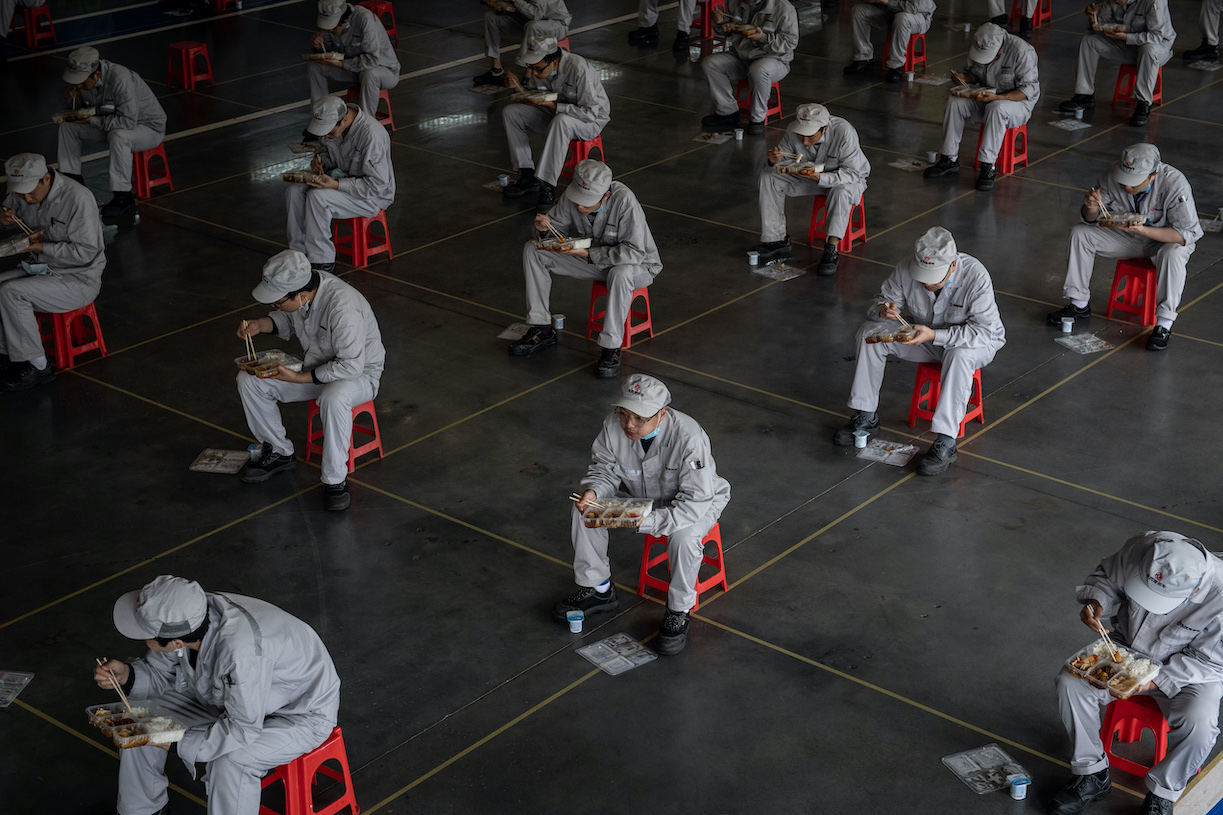
Third edition of features and articles on what may lie ahead. Four in English, three in Italian.

Two new initiatives - one from the US and one from Utrecht (NL)
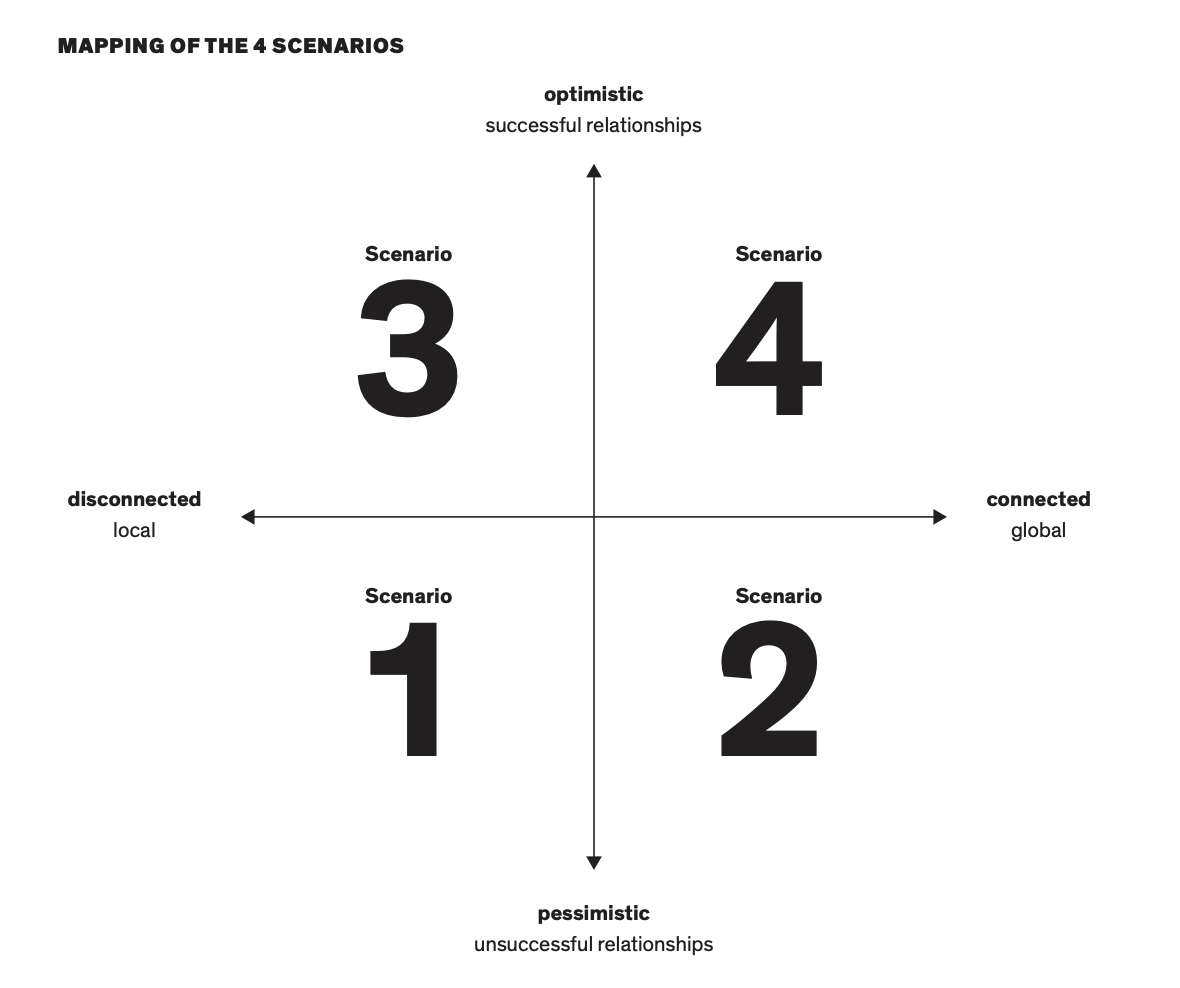
How will the pandemic change the way we live and do business?
In this whitepaper the Zukunftsinstitut describes four possible scenarios of how the corona crisis can transform the world.
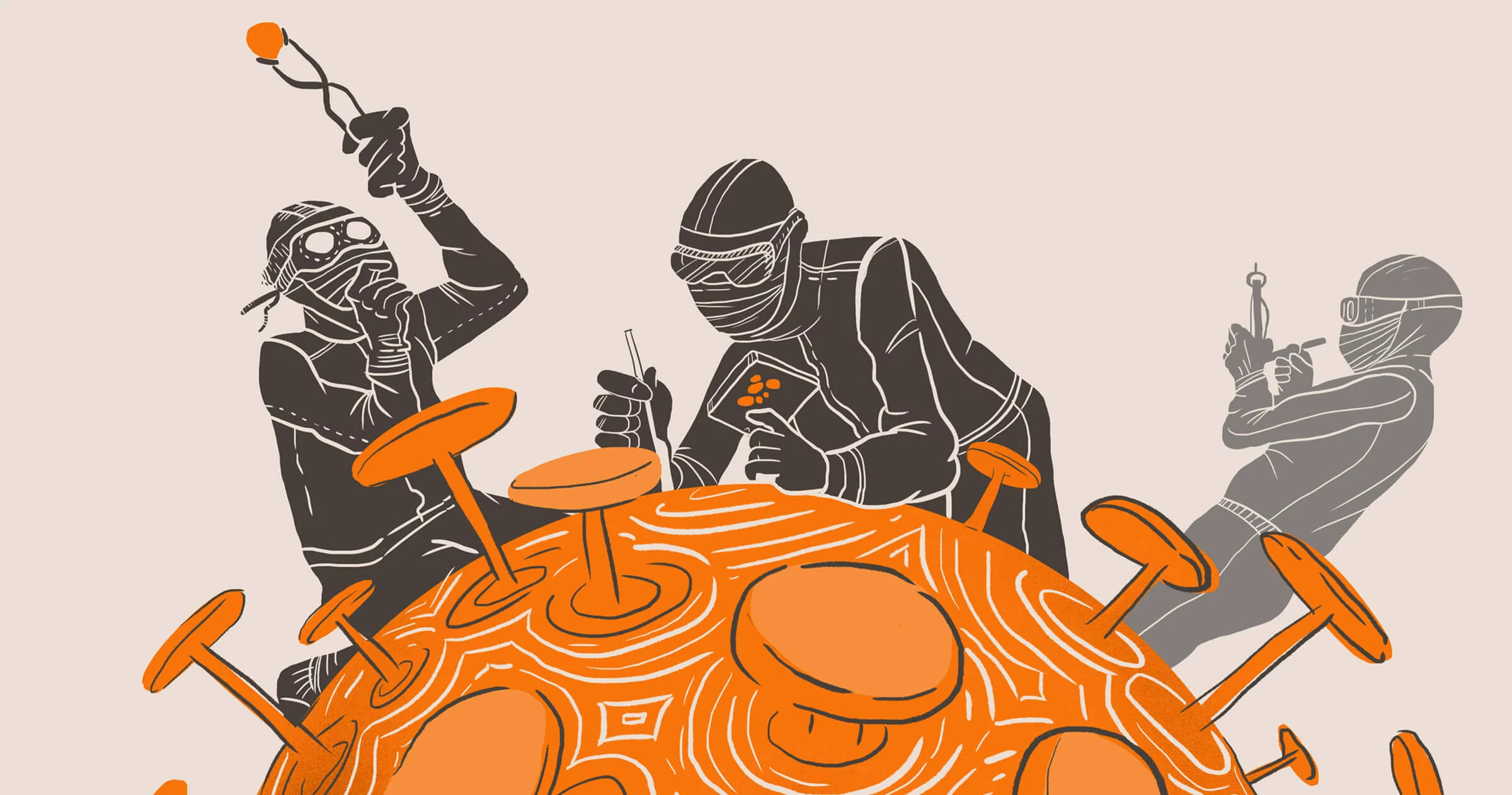
Initiated by Deborah Lupton, this crowdsourced document provides necessary information and key resources for researchers struggling to conduct traditional face-to-face research under new circumstances.
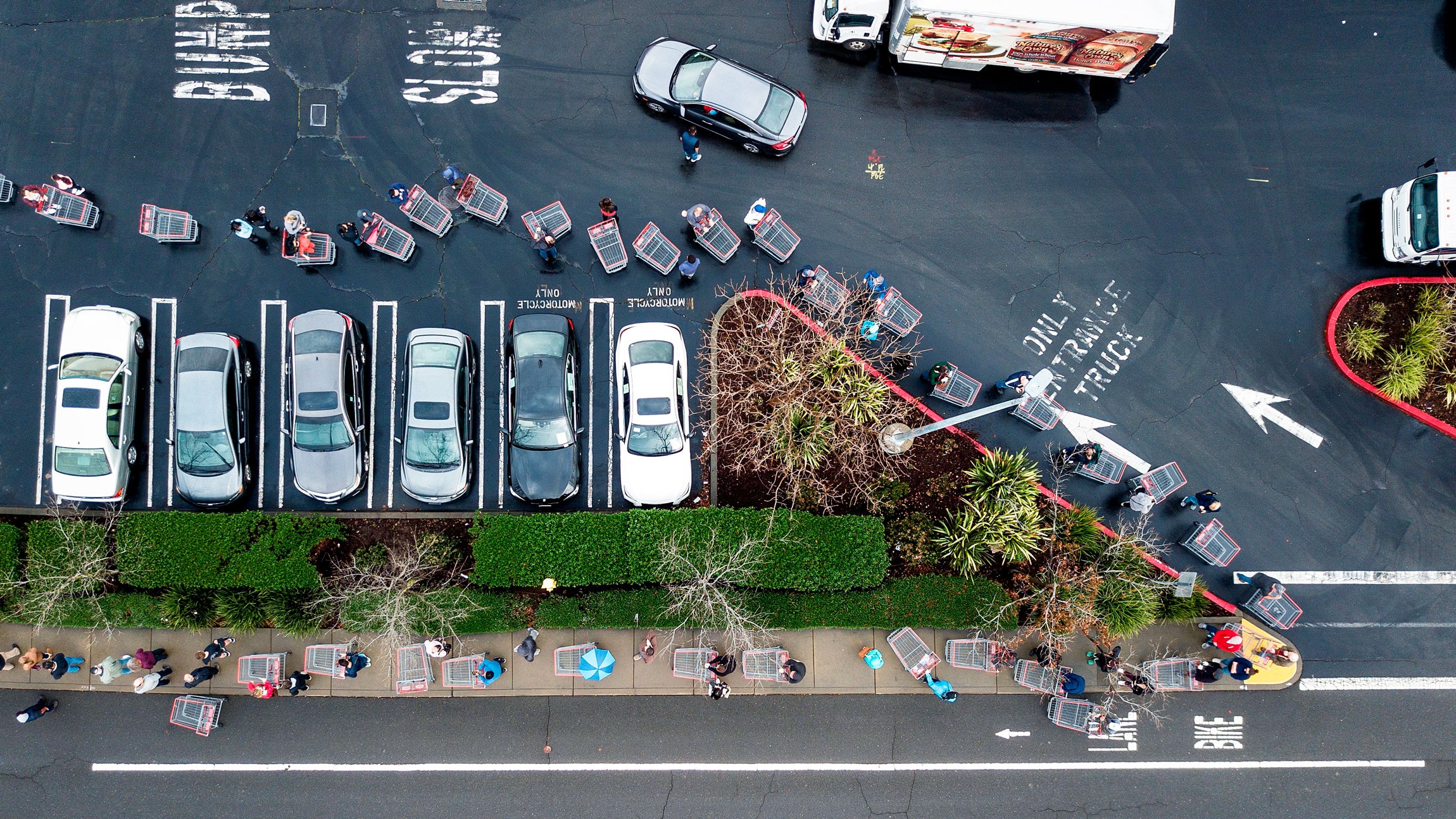
Two articles, one by Matt Simon in Wired and another by Benedict Carey in the New York Times, summarize scientific research that illustrates why mass panic is unlikely in this pandemic situation.




















